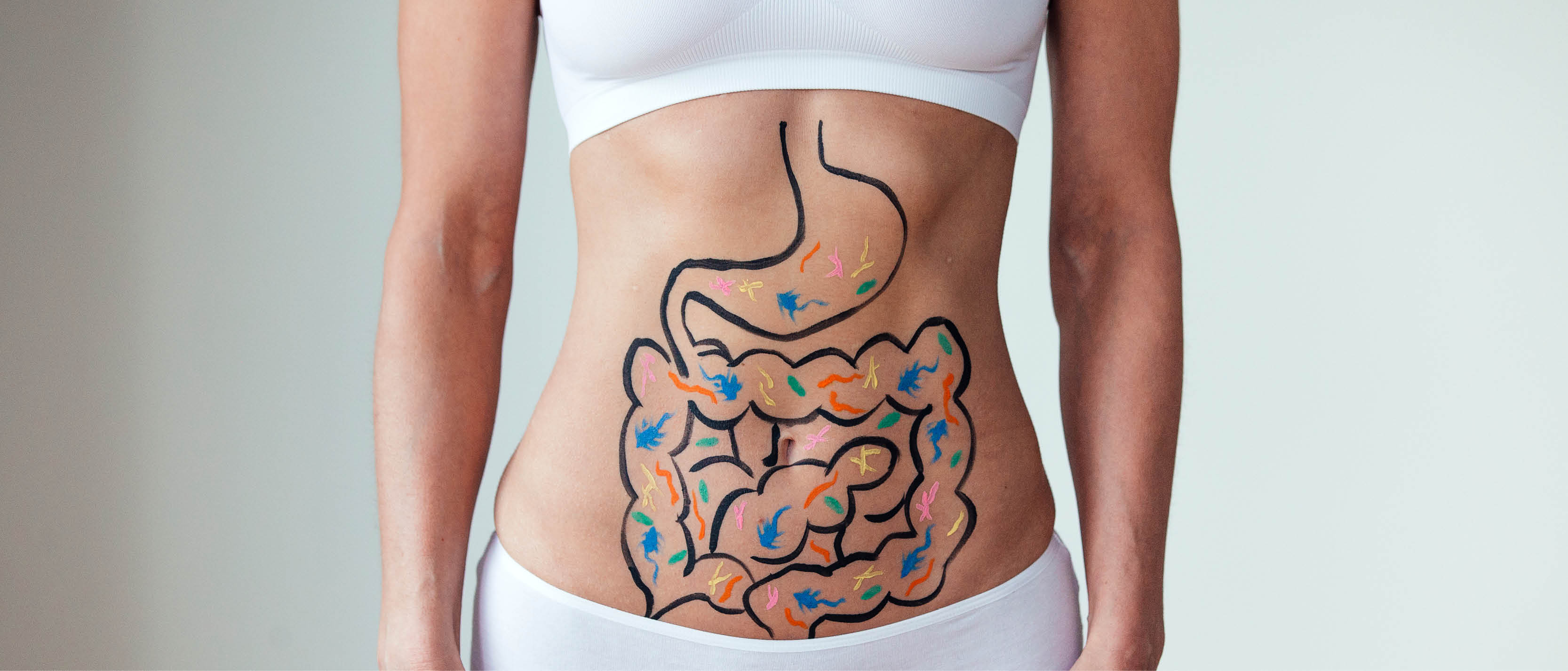Reviewed by: Erica An, APD, BNutr&Diet
We all know how important a good night’s sleep is. From the irritation we feel when we’ve not been able to get to sleep, to the exhaustion, grumpiness and brain-fog that continues well into the next day.
Aside from a general decline in mood and cognitive function, a lack of good quality slumber also has a negative effect on your weight. This is because a lack of sleep affects the hormones leptin and ghrelin, which control feelings of hunger and fullness. Without enough sleep, your brain reduces leptin, the hormone that tells you that you’ve had enough to eat, and raises ghrelin, which stimulates your appetite. Sleep deprivation also prompts the body to release higher levels of insulin after you eat. Higher levels of insulin promote fat storage, whilst also increasing your risk of type 2 diabetes.
All in all, sleep is a mighty powerful thing for our bodies, and so too a lack of!
So, while you might not be in a position to get a whole lot of sleep every night (shout out to all the parents or carers out there), there are things you can do to ensure that the sleep you are able to get is the best quality possible.
Here are our 6 sleep saviours:
- Remove all technological devices from your bedroom. No TV, no mobiles, no computers and no digital alarm clocks – go retro and get a battery-operated alarm clock!. The blue light emitting from these devices wires your brain into wakefulness and stops you from sleeping soundly.
- Wear blue light blocking glasses for a couple of hours before you go to bed. This helps set the scene for your body. Mimicking the effects of the setting sun, so your body starts to wind down, rather than staying wound up.
- Get an eye mask, and/or block out curtains for your bedroom. Sleeping in total darkness allows your brain and body to switch from day-time ‘survival mode’ to its night-time ‘rest and restore function’. This internal body clock is built into our biology as humans!
- Avoid stress before you sleep. That means no TV murder mysteries or whodunit books. Your brain doesn’t distinguish between real and imagined stress events. So, keep things calm before bed and you’ll slip into sleep much more easily.
- Routine, Routine, Routine! Having a set bedtime and sticking to it as much as possible will help you get to bed faster. A fixed wake-up time helps build a desire for sleep in your brain throughout the day. This remains the rule on weekends as well! Having a consistent bed time and wake time will keep your circadian rhythm in balance – the ultimate recipe for a good night’s sleep!
- Eating and drinking the right things pre-bedtime is a critical factor. This means staying away from caffeine, alcohol, nicotine, sugar and late dinners. If you’re still peckish after dinner and need a light snack before bed, opt for wholegrain carbs, like popcorn or rice crackers. Also, serotonin-promoting foods such as cottage cheese is a go to! Drinking warm milk or bedtime appropriate herbal tea (sans caffeine) will promote sleepiness and improve your overall sleep quality.
Request your FREE 12WBT program taster and discover how you can feel fitter, stronger and healthier in just 12 weeks!














